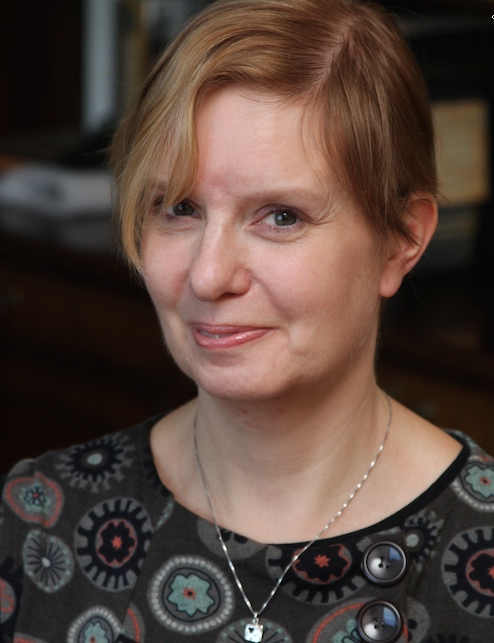ORCID’s new Director of Membership, Doug Wright, recently wrote about the role of serendipity in his scholarly communications career and I’m happy to say that I feel exactly the same way. After falling into scholarly publishing by chance, like Doug I have spent the rest of my professional life there – first at what was then Basil Blackwell Publishers, then as co-founder of The Oxford Publicity Partnership (a small company providing freelance marketing services to scholarly publishers), before returning to Blackwell and then Wiley (following their acquisition of Blackwell). I’ve held a range of marketing-related roles over the years, most recently as Director of Communications, and have especially enjoyed the many opportunities I’ve had to work with learned societies and other nonprofits/mission-driven organizations. I’ve always been passionate about my work and about the importance of supporting the research community, across all disciplines, geographies, and research settings, perhaps in part because I grew up in an academic family (my father was a professor). So being appointed Director of Communications for ORCID – a nonprofit, and one of the most important research infrastructure initiatives of recent years – is as close to my dream job as it gets!
One of the (many!) things that impresses me about ORCID is the energy and dedication of everyone involved – staff, board and committee members, ambassadors, members, and users. ORCID has already achieved so much, and with such relatively limited resources – over 200 integrations, more than 1.3 million ORCID iDs issued, and statements of public support from funders in Australia, Finland, and the UK in just the last few weeks (see Josh Brown’s recent post for more details). I also love the fact that ORCID is such a genuinely collaborative organization, one that partners with a wide diversity of other organizations to deliver on its mission of solving the name ambiguity problem in research and scholarly communications.
Now, with thanks to The Leona M. and Harry B. Helmsley Charitable Trust’s generous grant, we have the opportunity to take ORCID to the next level. But to do so, we need to better understand what is and isn’t working: what do you – our members, ambassadors, supporters, and users – need from us?; what new ideas and opportunities do you see for ORCID? So, over the coming months, I will be reaching out to many of you to get your answers to these questions and more. It’s thanks to you that ORCID has established itself so quickly as such an important part of the research infrastructure and, to continue to succeed, we need to ensure that we are serving both the ORCID community and the wider scholarly community as efficiently and effectively as possible.
To end as I started on the topic of serendipity – as mentioned, my father was a professor. He started his career as an astronomer, then moved into scholarly communications as head of the department of publishing and information science at Loughborough University (England) until his retirement a few years ago. While our paths never crossed professionally, we are both AJ Meadows-es and we both write on broadly similar topics. So – serendipitously! – I will be able to use us as real-life examples of how ORCID works in practice.
I very much hope that you’ll share your own real-life ORCID experiences with us – on twitter (@ORCID_Org), by email ([email protected]), in person at one of our upcoming meetings and workshops, or at the many conferences in which we will be participating.
